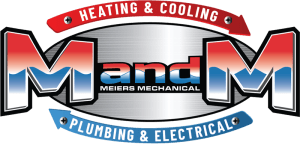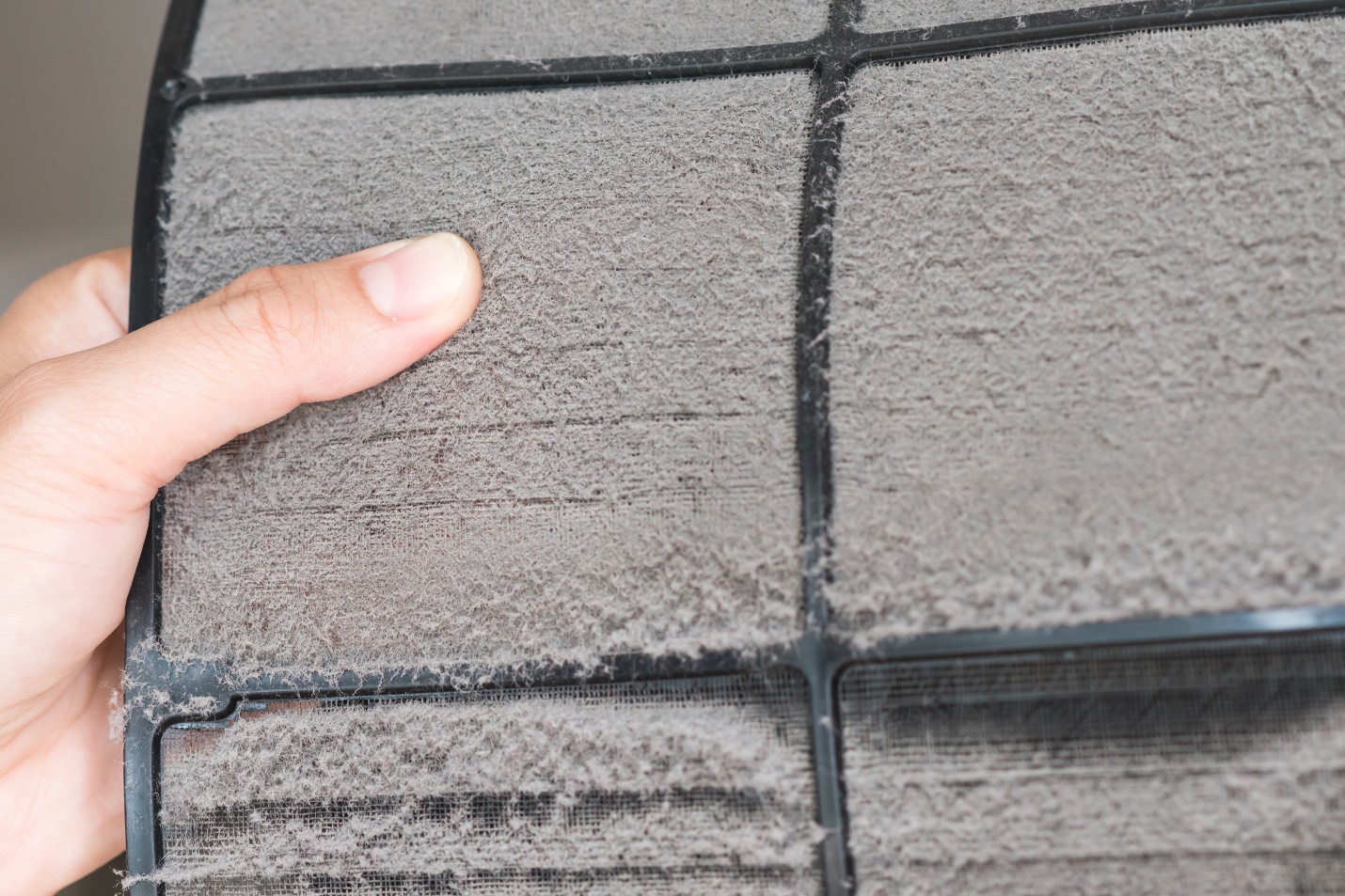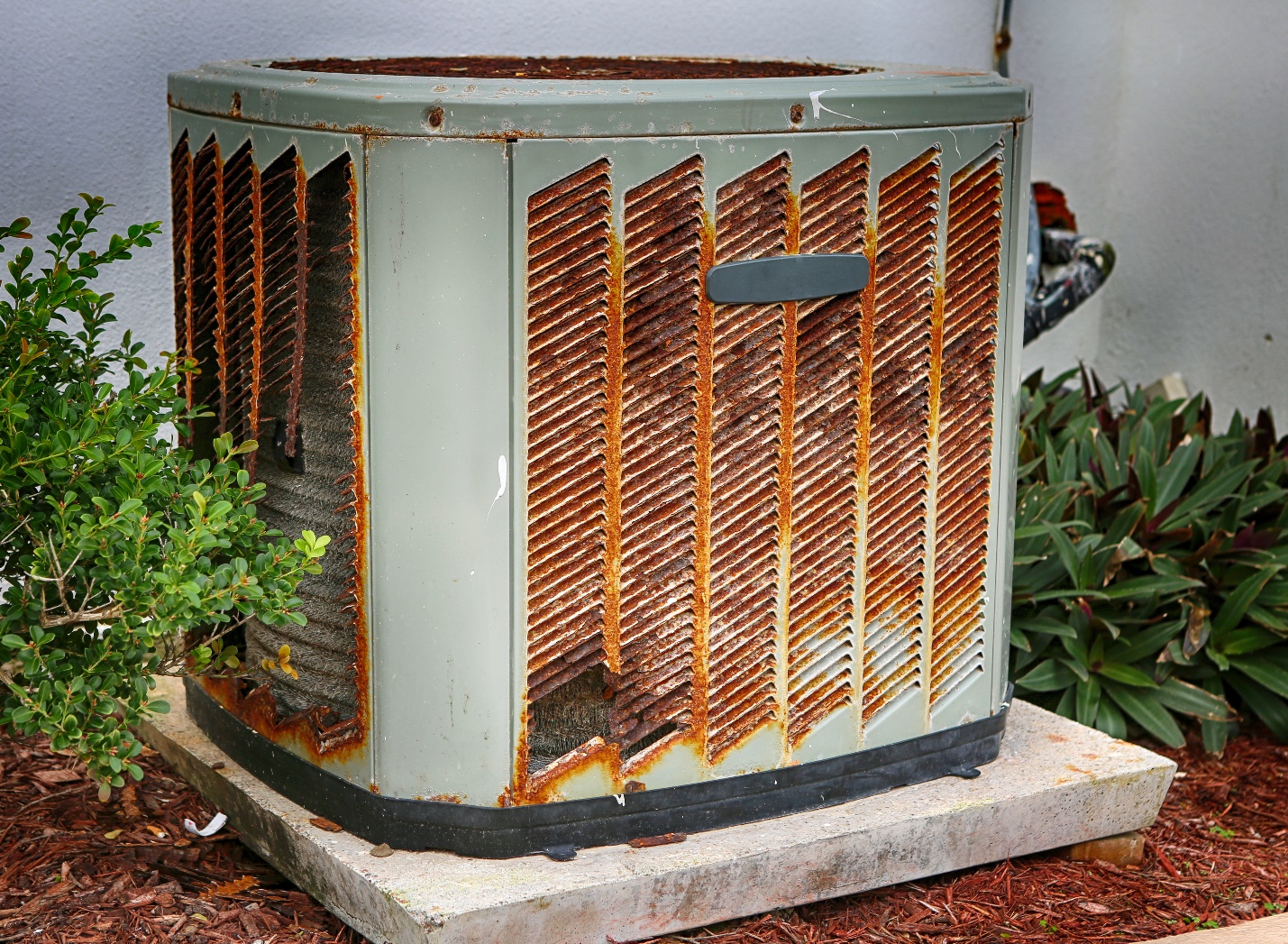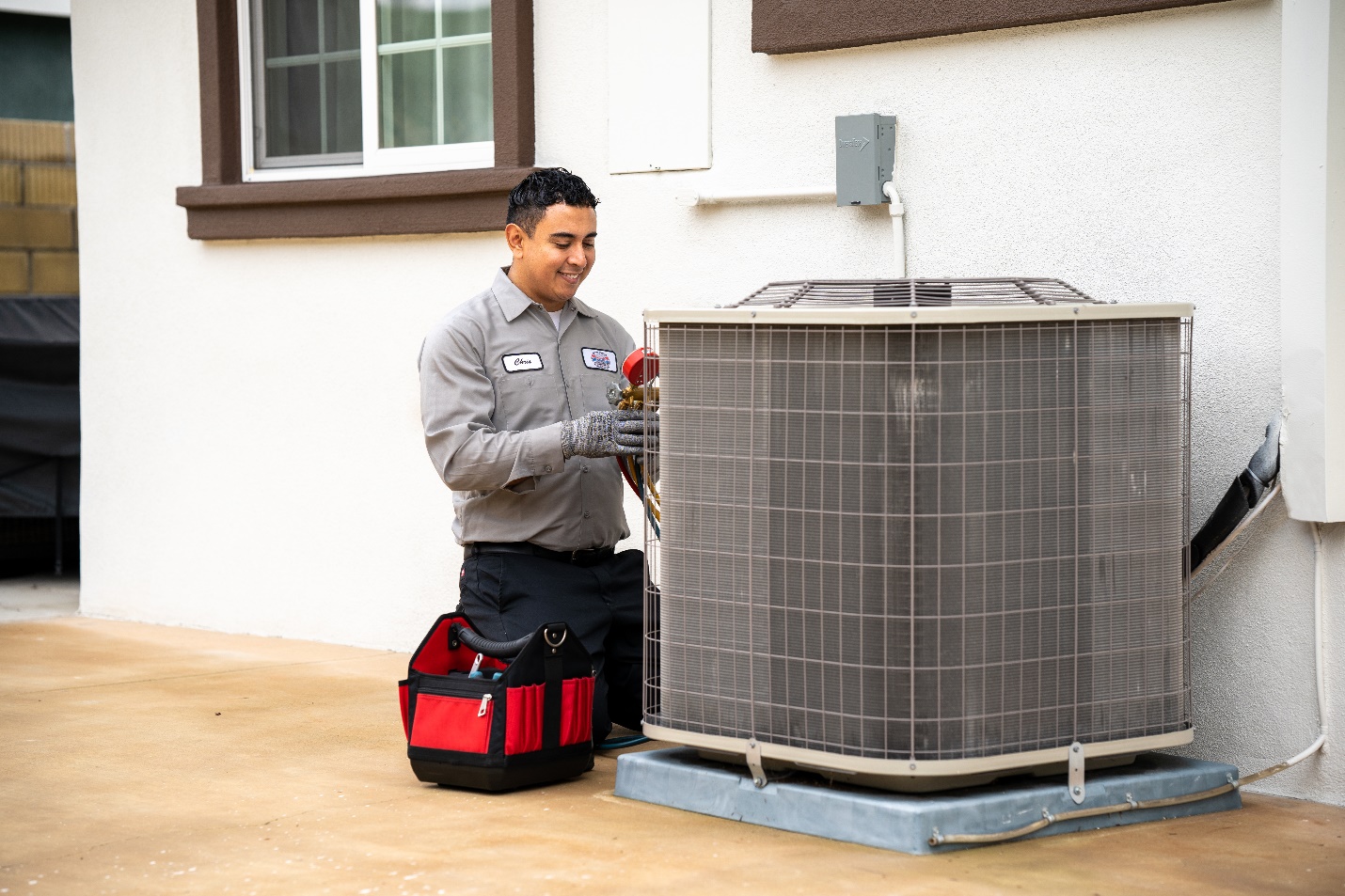Your air conditioner is a lifesaver in the height of the summer heat. It not only keeps your home cool and comfortable, but it can be an important safety feature if you have sick family members or pets that struggle with the heat and humidity.
We may take our air conditioning for granted, that is, until it breaks. There’s nothing more frustrating than discovering that your air conditioner is blowing hot air when you expect a refreshing breeze. There are several possible causes of an AC blowing hot air, some of which are a quick fix and others that require a profession consultation.
Why is my AC blowing hot air? Check out the common reasons your air conditioner may be blowing hot air and the steps you can take to troubleshoot and resolve the issue from the pros at M&M Heating and Air.
Reasons Your AC Is Blowing Hot Air
Incorrect Thermostat Settings
One of the most straightforward explanations for an air conditioner blowing hot air is incorrect thermostat settings. It’s easy to overlook the thermostat, but a simple adjustment might be all it takes to restore your air conditioner to its former glory. Ensure that the thermostat is set to the desired temperature and that the cooling mode is activated. Sometimes, accidental changes or programming errors can cause the thermostat to operate in heating mode.
Dirty or Clogged Filters
Clogged or dirty air filters can severely impact your air conditioner’s performance, leading to reduced airflow and efficiency. Over time, dust and debris accumulate in the filters, restricting the passage of air and causing the evaporator coils to freeze. When this happens, the air conditioner may start blowing warm air. Regularly checking and replacing your air filters is a simple yet crucial maintenance task that can prevent various issues and ensure optimal cooling.
Refrigerant Issues
Refrigerant plays a pivotal role in the cooling process of an air conditioner. If your air conditioner is blowing hot air, it could indicate a problem with the refrigerant levels. Low refrigerant levels may result from leaks in the system, and when there’s not enough refrigerant, the air conditioner may struggle to cool the air effectively. Identifying and repairing refrigerant leaks should be left to professional HVAC technicians, as handling refrigerants requires specialized knowledge and equipment.
Electrical or Thermostat Issues
Problems with the electrical components or thermostat can also lead to the air conditioner blowing hot air. Faulty wiring, tripped circuit breakers, or a malfunctioning thermostat can disrupt the cooling cycle. Inspecting the electrical connections, resetting circuit breakers, and ensuring that the thermostat is functioning correctly are just a few things to try to troubleshoot these issues. However, if the electrical problems seem to be more complex, it’s best to seek professional assistance.
Evaporator and Condenser Coil Issues
The evaporator and condenser coils are crucial components responsible for absorbing and releasing heat in the cooling process. Over time, these coils can accumulate dirt and debris, hindering their ability to function efficiently. Regular maintenance, such as cleaning the coils, can prevent this issue. If the coils are severely damaged or corroded, it may be necessary to call in a professional technician to repair or replace them.
Compressor Issues
The compressor is the heart of the air conditioning system, responsible for pressurizing the refrigerant and facilitating its movement through the coils. If the compressor is malfunctioning, the entire cooling process can be compromised, resulting in hot air blowing from the air conditioning. Compressor issues can range from electrical problems to mechanical failures. Diagnosing and repairing compressor problems typically requires the expertise of a licensed HVAC technician.
Air Duct Leaks
A well-designed and sealed ductwork system is essential for efficient cooling. If there are leaks or gaps in the ducts, cool air can escape before reaching the designated rooms, leading to hot air blowing from the vents. Inspecting the ductwork for visible leaks and sealing them with appropriate materials can improve the overall performance of the air conditioning system. Duct inspections may require professional assistance, as accessing certain parts of the ductwork can be challenging for homeowners.
Incorrect Air Conditioner Size
The size of your air conditioning system is an important consideration. If your unit doesn’t match the cooling requirements of the space, you may not get proper cooling. For example, if the air conditioner is too small for the area it’s intended to cool, it may struggle to maintain the desired temperature, leading to hot air blowing from the vents. Conversely, an oversized air conditioner can cause short cycling, which is when the unit turns on and off frequently without completing a full cooling cycle. In either case, it’s best to consult with an HVAC technician to assess your cooling needs and recommend the appropriate air conditioner size.
Frozen Evaporator Coils
Frozen evaporator coils can significantly impede the cooling process, causing the air conditioner to blow hot air. Several factors can lead to frozen coils, including refrigerant issues, restricted airflow, or a malfunctioning blower motor. If you notice buildup in the evaporator coils, turn off the air conditioner to allow the ice to melt, and address the underlying cause before restarting the system.
Age and Wear of the Air Conditioner Unit
Like any mechanical system, an air conditioner unit undergoes wear and tear over time. As the components age, their efficiency may decrease, leading to issues such as hot air blowing from the vents. Regular maintenance can extend the lifespan of your air conditioner, but if you unit is reaching the end of its operational life, investing in a new, energy-efficient model may be a more cost-effective option in the long run.
Power Loss in the Outdoor Unit
Air conditioners are multi-unit systems. The indoor unit circulates the air throughout your home while the outdoor unit is the actual structure that cools the air down. if your air conditioner is blowing warm air, it could be due to power loss in the outdoor unit that affects its ability to cool the air properly. Usually, this is due to a blown fuse or a tripped circuit breaker. You can check your circuit breaker box first and see if the breaker is flipped off, which you can easily flip back on. If the breaker isn’t tripped, but the unit doesn’t have power, it could be due to a blown fuse. This is a problem best left to a professional technician.
Clogged Condensate Drain Line
Your air conditioner is responsible for cooling your home and pulling the humidity out. The drain line moves water through the drain pan to the outside of the unit. If the drain line is clogged, the water cannot flow freely and can cause numerous issues, including mold and mildew or a full failure of your air conditioner. Aside from causing your air conditioner to blow warm air, other signs of a clogged condensate drain line include a puddle of water near the unit, a moldy smell from the air vents, condensation in the air conditioning unit, and water damage near your indoor unit. Drain lines should be cleaned every three months to ensure no clogs are forming. This is an easy job to do on your own, but if the clog is too big or repeated cleaning doesn’t help, an HVAC technician can help.
Malfunctioning Condenser Fan
Your air conditioner’s condenser fan moves heat from the refrigerant system to the outdoors, keeping things from overheating. An overheated air conditioner can lead to full-system failure and could be an expensive fix. Fan issues can be caused by electrical issues, a broken motor, circuit board problems, obstructions where the blades turn, and warped fan blades from age. This is a job best left to the professionals, rather than attempting to fix it yourself.
Airflow Restrictions
Adequate airflow is essential for the efficient operation of an air conditioner. If there are obstructions or restrictions in the airflow, it can lead to reduced cooling performance and hot air blowing from the vents. Common causes of airflow restrictions include blocked or closed vents, dirty or blocked air ducts, and issues with the blower motor. Regularly cleaning your vents and ensuring open air pathways or inspecting the blower motor can prevent future airflow issues.
When to Seek Professional Help
While you can troubleshoot some issues by yourself, there are times when it’s better to call in the pros. If you’re unable to identify the cause of the issue or you suspect there are major issues with the electrical components or refrigerant, you should contact a licensed HVAC technician for air conditioner repair. Attempting to repair some air conditioning components on your own can be dangerous and may lead to bigger repairs in the future.
Keep Your Home Cool with a Properly Function Air Conditioner
If your air conditioner is blowing hot air in the middle of a summer heat wave, it can make your life miserable. These tips should help you determine the cause of your air conditioner’s issues – some you could even fix yourself – but the professionals at M&M Heating and Air are always here to help. Contact us today to schedule your appointment!





















